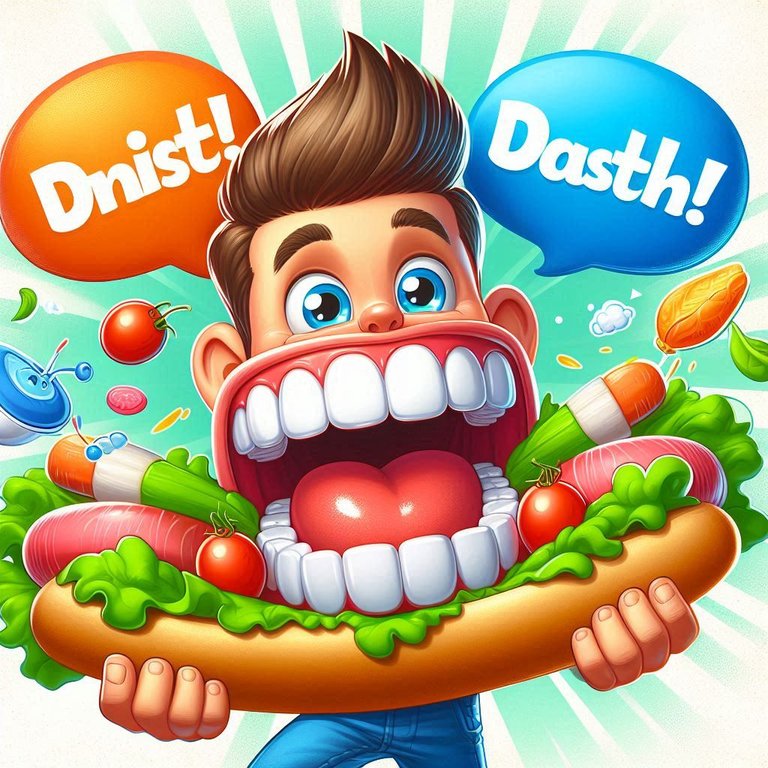
Cuantos momentos pueden entrar en dos sencillas palabras mastícalo bien. Podemos ir al momento en el que te cae muy mal una persona, pero se te acerca una buena amiga y te dice lo masticas y te lo tragas. Cuando en realidad lo que quiere decir es lo masticas y lo escupes. Claro se refiere a que le conteste en forma educada y que lo deje sin alternativa de respuesta. Sin posibilidad de reaccionar ante tamaña fuerza de opinión.
Pero también es una frase que le hemos escuchado a nuestras madres, lo masticas y te lo tragas, cuando una comida no es de nuestro gusto, pero es lo único que hay para el almuerzo. Así que te vez en la necesidad de comerlo a juro y porque si, no hay de otra. Porque más atrás viene la retahíla de la comida cuesta mucho dinero y este no crece en los árboles. Te lo comes porque hay muchos niños por allí que no tienen un pan en su mesa. Y sacas fuerza de donde sea y te pones la cuchara en la boca.
Recuerdo en una ocasión que mi hija se atraganto con una espina pequeña de pescado, un trozo de pan, vomitar y todo lo que se me ocurriera en el momento, después de pasar el susto, le volví a indicar mastícalo bien, me miro con los ojitos todavía aguados.
Este texto corresponde a mi participación en el reto diario del amigo @latino.romano y @mariannewest
ENGLISH VERSION
How many moments can be captured in two simple words: chew it well? We can go back to the moment when you really dislike someone, but a good friend comes up to you and says, "Chew it and swallow it." When in reality what she means is, "Chew it and spit it out." Of course, she means you should answer politely and leave them with no alternative to respond. No chance to react to such a strong opinion.
But it's also a phrase we've heard our mothers say: "Chew it and swallow it," when a meal isn't to our liking, but it's the only thing there is for lunch. So you find yourself having to eat it just because, there's no other choice. Because further back comes the string of things about food costing a lot of money, and money doesn't grow on trees. It comes to you because there are many children out there who don't have bread on their table. And you find strength from wherever you can and put a spoon in your mouth.
I remember one time my daughter choked on a small fish bone, a piece of bread, vomiting and whatever else came to mind at the time. After the scare was over, I told her to chew it well again, and she looked at me with still watery eyes.
This text corresponds to my participation in the daily challenge of my friend @latino.romano, @wakeupkitty, @felt.buzz and @mariannewest
Traducido con google (versión gratuita)
Photos with source identified
Translated with google (free version)


